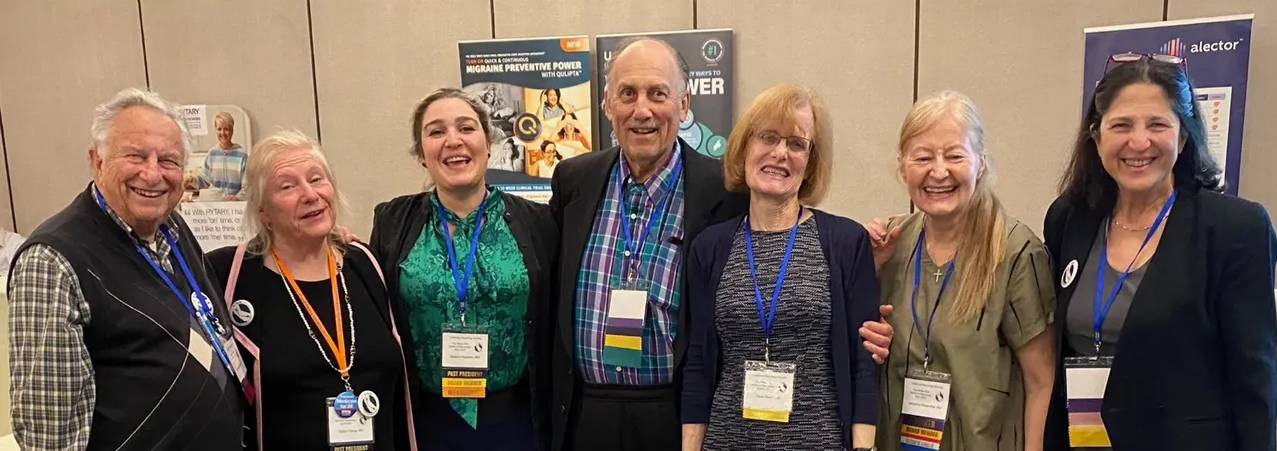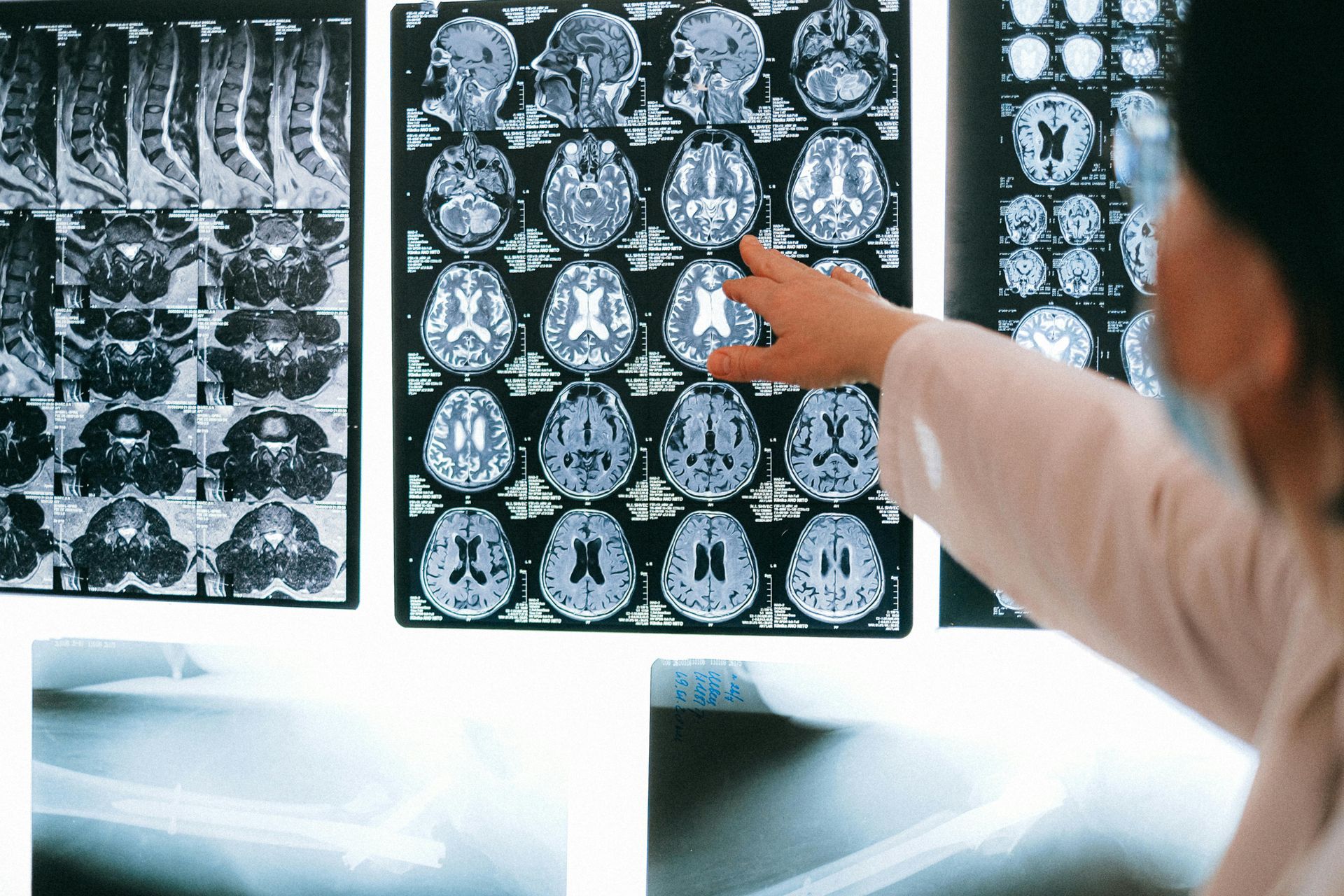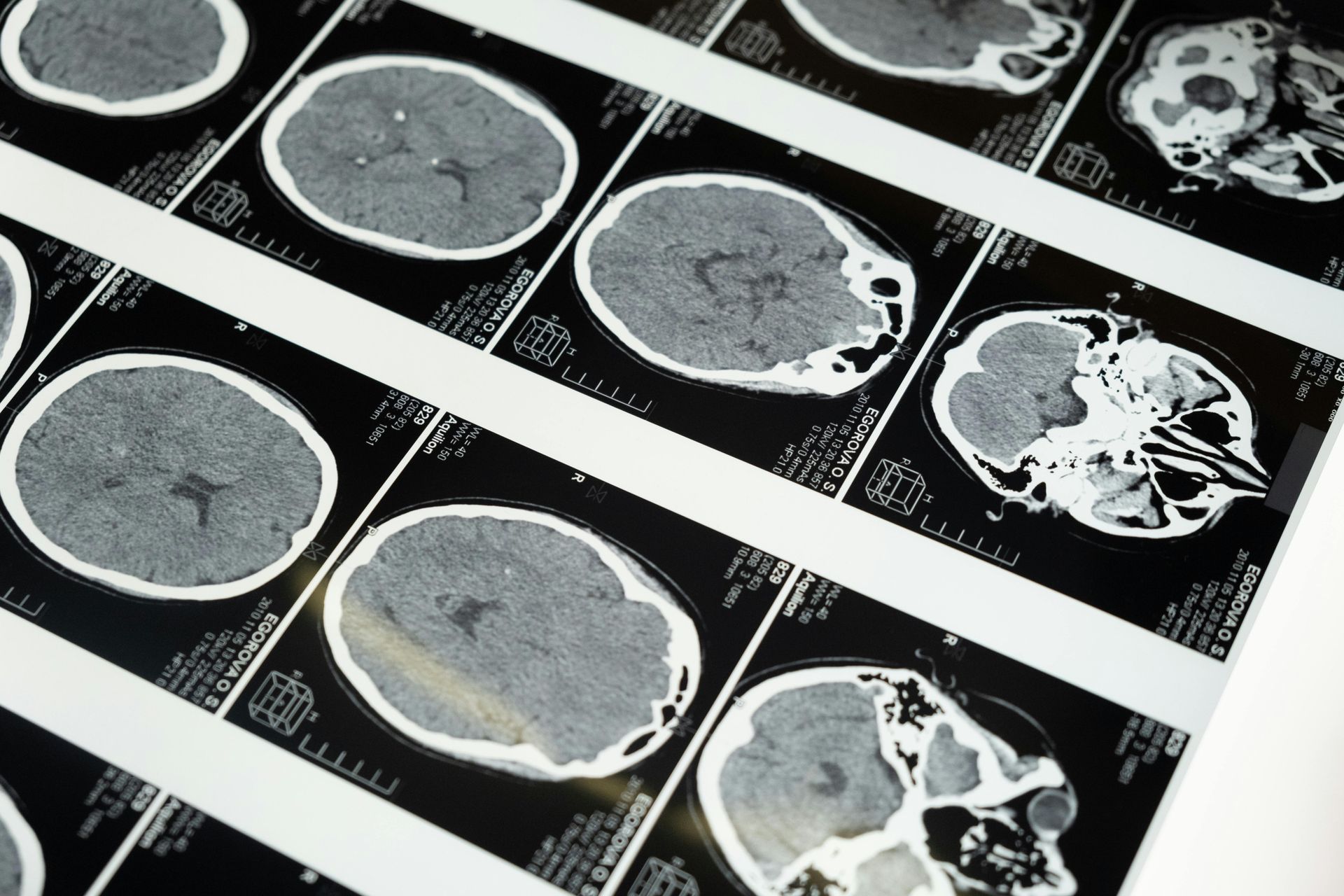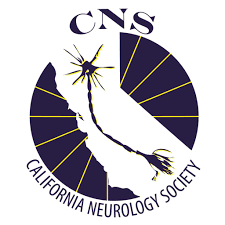CNS Legislative Committee MEETING MINUTES
When the HOD comes up in October, is there a focus or a position that we want to have ready for discussion and hopefully CMA will take on these topics.
Minutes of the July 17, 2024, LEDGE meeting
Maintenance of Certification per Jeff Klingman (previously Chairman of Neurology at Kaiser Permanente, Northern California):
"Previously hospitals and probably insurance companies came up with the idea that continued certification would prove that you were still competent. Previously it was thought that if you just continued practicing and continued your education you would still be competent. Before 1990 it was thought that if you were still doing medicine, you would be okay.
The perception was that you needed some sort of proof that you were still competent. That was confiscated by the American Board of medical specialties which turned it into a huge moneymaking operation. Previously you were certified once and then were done with the continuing certification which turned out to be a huge cash flow situation. The board was making a fortune off particularly medical subspecialties. There was a scandal over the cost of it.
They came up with an alternative, the Medical Board of Physicians and Surgeons (MBPAS) and this was presented to the CMA. The MBPAS has only required the doctors maintain their education and the doctors will be happy with it, but the problem was that you need the hospitals and medical groups to be on board. So, if you work for Permanente, the largest group in the state, you can’t become a senior physician unless you have your ABMS as certification. Some doctors in our group don’t keep up the maintenance of certification which is fine if you have a hospital that will keep you on staff, but a lot of the hospitals and medical groups will only recognize the American Board of Medical Specialties (ABMS). So, if a doctor tells Kaiser Permanente that they’re just going to be with the MBPAS, Kaiser Permanente won't accept that and they need to be certified by the ABMS."
Jeff Klingman suggested approaching the American Board of Psychiatry & Neurology (ABPN) and explaining to them that what they’re doing is onerous and there’s no evidence that it improves medical care and recommend that the American Board of Psychiatry and Neurology come up with something that makes more sense. There is no proof that it’s beneficial and what they have done in certain boards, for example obstetrics, you just must read a certain number of cases you don’t have to take a big test. Stella pointed out that they are surgeons and what if they haven’t been in the operating room for 10 years? Dr. Klingman mentioned that they probably do have to document their cases. Stella presented the organizational chart attached.
Stella presented the cons of being a neurologist requiring extensive and expensive educational requirements, long hours and shifts, frustrations about our patients not getting well sometimes, lack of autonomy and control, utilization review, ever-increasing time management, complications of EHR, lack of professionalism in the workplace, stress of group practice, striking a work-life balance to prevent physician burnout and early retirement, absent parenting, difficulty with relationships, divorce, and suicide.
The maintenance of certification should be Maintenance of Care. The focus should be on our own field that we're doing so that a headache specialist only has to certify on their specialty relating to headaches. An MS specialist must keep up with MS related medical issues, for example.
There are compassion tools for physicians and patients. Physicians need to support their own well-being, which is part of professional development. There should be a paradigm shift to Maintenance of Care of both patients and physicians, utilizing artificial intelligence (AI) programs to assist in physician development and testing. AI could shift to what is individual for each physician’s practice and everyone could have AI generated modules just for their unique recertification.
Stella made a Diagram about AI generated individualized certification and self-care programs. Roger commented on Stella’s approach to the board. The ABPN is controlling both the initial certification in neurology and the continuation of certification.
Jeff pointed out that his wife gave up certification because her hospital did not require it, most of the recertifying examination questions were research oriented. For example, adult neurologists do not need to keep up with Pediatric Neurology. We can advocate all we want, but how do we persuade the ABPN? How do we work with them? This is a 40-year-old approach. Johanna tried to say, “What do we want to do about this? Start with a letter to the American Academy of Neurology (AAN) writing a version of Stella’s committee presentation. We must start someplace.
Roger and Jeff pointed out that the public wanted to know if the doctors were competent, but somehow this became mixed with maintenance of certification, the two issues were mixed, but the Board should only Certify and not necessarily Maintain certification.
Steve Cattolica took a turn pointing out that we have dissected the issues but the way to get it done is to get people on our side. No matter how complete the idea is, it will be irrelevant unless we have more people with us. We must involve more people, and those people must feel like they have contributed. The AAN has a vision statement that must be lived up to if they are going to be any part of this. The maintenance of certification issue is indispensable to AAN, because it is indispensable cash flow and so they are not going to change. How are we going to set things up so they don't incur losses on recertification? Steve Cattolica says invite AAN to the TABLE and write them a letter first.
Next meeting will start with HOW DO WE CHANGE MOC to MAINTENANCE OF CERTIFICATION?











